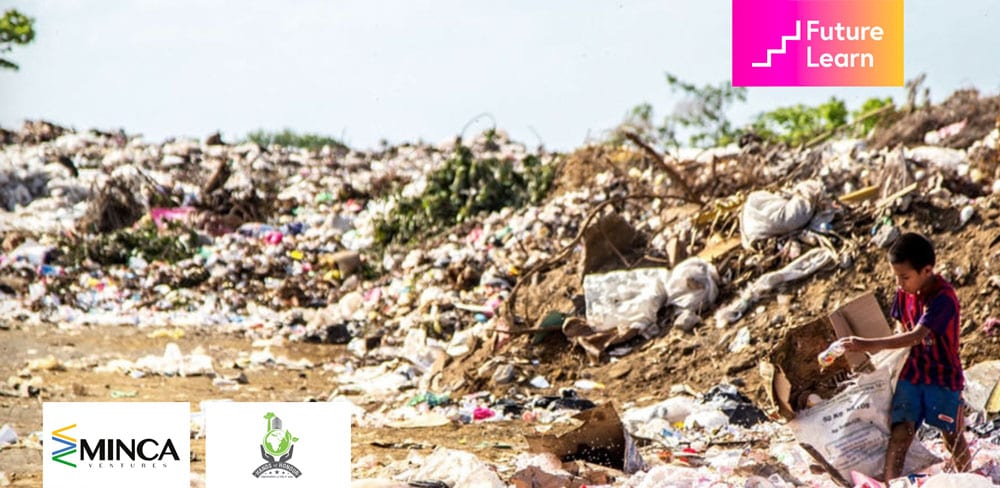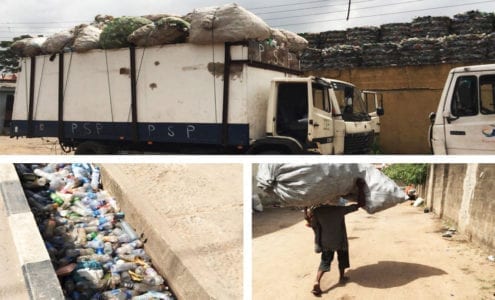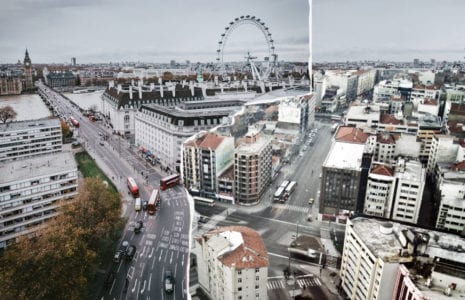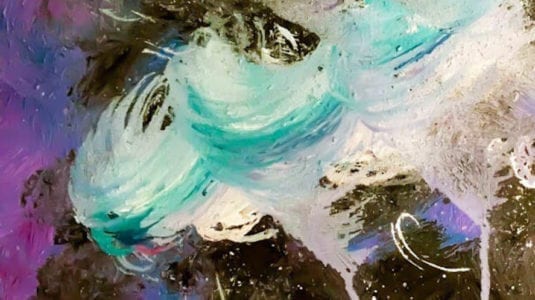Upcycling for change—a new free online course drawing on CUSP research
Upcycling is a way to combine creative ideas with a passion for sustainability and entrepreneurship. On a new massive open online course, drawing on CUSP research course, people can learn how to apply the key concepts of upcycling to real-life practice, and explore the link between upcycling and the Sustainable Development Goals, and learn about successful international case study examples.
As CUSP focusses on ways of living well within our environmental limits, we are looking at the businesses that can lead to wellbeing while reducing waste. There is much talk about the circular economy, but how can this way of thinking about resource use be channelled into changing lives, creating social change and making beautiful things? CUSP researchers are investigating this by looking at the fashion industry and social enterprises carrying out recycling activities in Lagos Nigeria.
From this work we can identify the strategies and approaches for making change, drawing on detailed studies of social entrepreneurs and activist designers. Working in collaboration with the film making social enterprise Minca Ventures, CUSP research has fed into their Massive Open Online Course, funded by the British Council’s Developing Inclusive and Creative Economies Programme. Not only is this course presenting examples of inspiring cases in a range of films, also inspiring are the online discussions and thousands of comments that have come from participants living in every continent.
Starting with a discussion of the environmental challenges being faced by the participants around the world and the meaning of upcycling, one of our PhD researchers, Adeyemi Adelekan, draws out the idea of having an integrated strategy that solves environmental problems while having a social impact and allowing a profit to be made for the livelihoods of those involved. This requires organisations to consider the social and environmental value of their work as well as the financial value—referred to as the triple bottom line. In conceptualising upcycling, we broaden this further with value also coming from art and the creation of beautiful objects.
The course then takes the learner through the processes of developing ideas and starting their own social venture. This is presented as a combination of films showing social enterprise practices and exercises to help people develop their sustainable business models. A vital part of the online course are the discussion forums. These online spaces host inspiring conversations and reflections that range from the specifics of how to source materials for carpet making, to more fundamental debates about the nature of consumption. Throughout there is an emphasis on the viability of starting and scaling businesses that are having a social impact and making beautiful things. As Kdu dos Anjos, an activist designer from a Brazilian favela and co-founder of Lá Da Favelinha says in one of the films: “it’s a colourful road and a joyful walk”.
The free online course is available from FutureLearn with a chance to join the next cohort from the 24th February. The films of contributors are available on the Minca Ventures Youtube channel.




